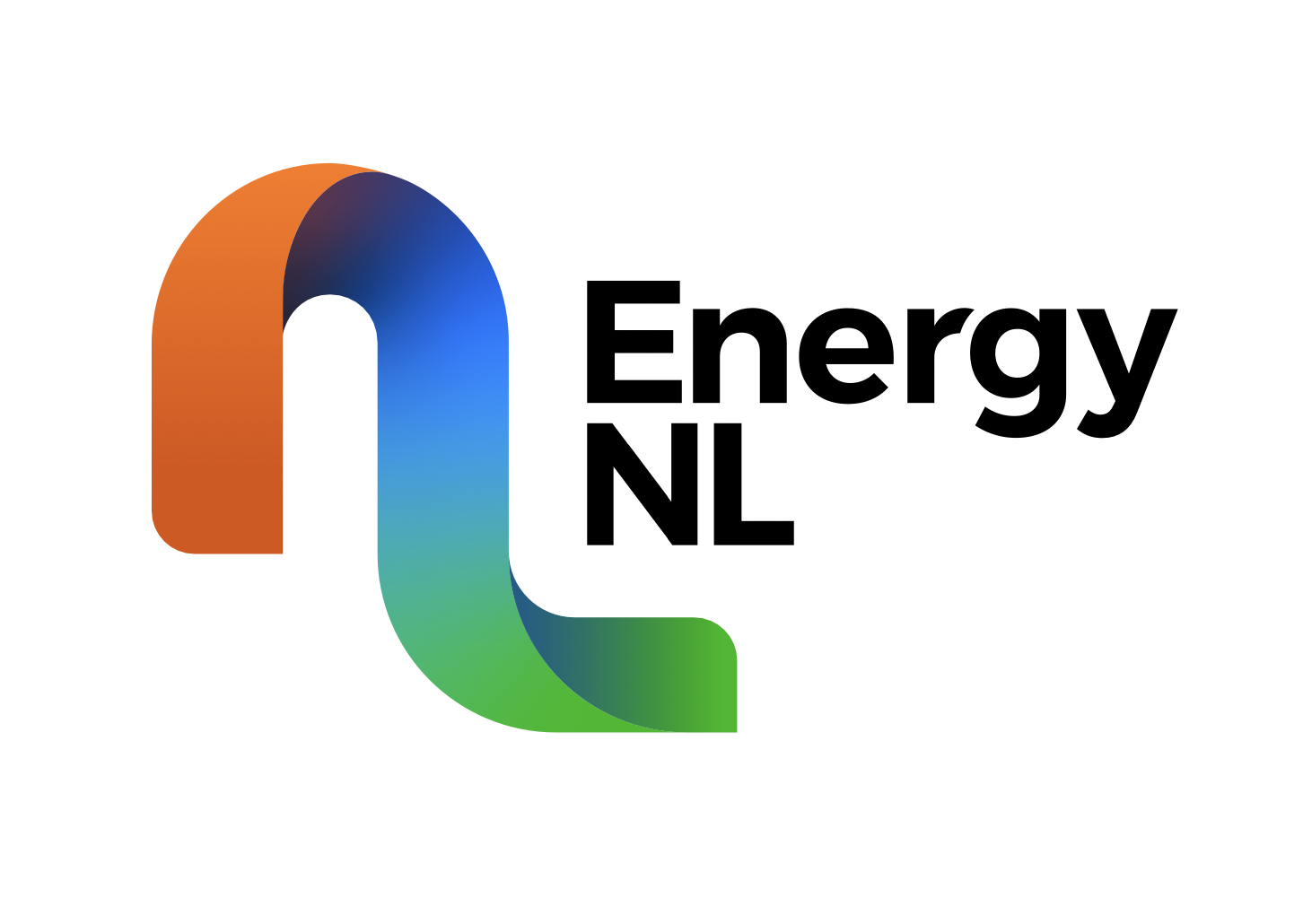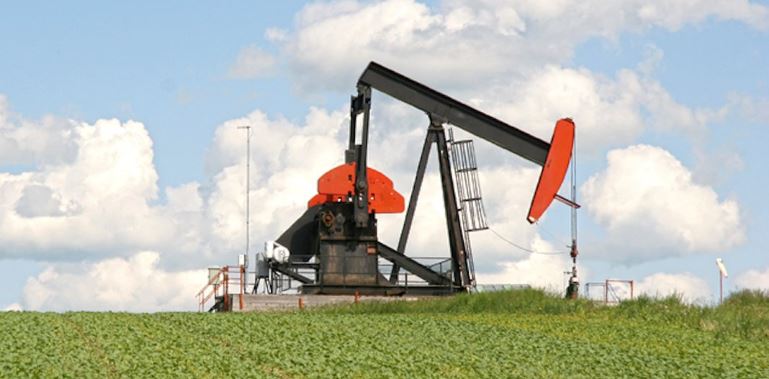New forecasts show dramatically lower expectations for 2020 capital spending in the oil and gas sector both nationally and in Alberta, the province that produces 65 per cent of Canada’s natural gas and 82 per cent of its oil.
The Canadian Association of Petroleum Producers now estimates that $23.3 billion in capital will be invested in Canada this year, down from about $37 billion in its January forecast.
Producers have announced about $8.6 billion in capital budget cuts since the start of the year to cope with lower oil prices as global energy demand shrinks due to measures taken to control the COVID-19 pandemic, said Ben Brunnen, CAPP’s vice-president of oilsands and fiscal policy.
The mood in the industry remains ugly despite a recent partial rebound in oil prices and the agreement on the weekend by OPEC and other countries to extend 9.7 million barrels per day of production constraints through July.
“It’s helpful that we are starting to see some global energy demand numbers indicating that the worst is behind us,” Brunnen said on Monday.
“The uncertainty about the future of COVID and whether subsequent waves will hit the economic recovery is what’s holding back investor confidence. From an oil and gas perspective, it continues to be a struggle.”
Producers have stopped about 800,000 barrels per day of oil production because of poor prices, a number that rises to more than 1.2 million bpd if you include rescheduled upgrader maintenance shutdowns, Brunnen said.
CAPP’s January prediction represented about a six per cent increase over 2019, credited to new industry friendly policies in Alberta and Saskatchewan and growing optimism that export pipeline capacity would be added.
The Alberta Energy Regulator, meanwhile, estimates that oil and gas capital spending in the province will fall again this year after a steep decline in 2019.
“Reflecting market uncertainties and the AER’s price cases, total capital expenditures are forecast to decrease in 2020, ranging between $14.1 billion and $16.4 billion,” it said in its energy outlook posted Monday.
Capital spending fell by 31 per cent in 2019 to $18.9 billion due to uncertainties around energy policy, low energy prices and market access constraints, the regulator said in its report.
Alberta’s production of crude oil increased by one per cent in 2019, reaching 3.6 million barrels per day, mainly due to growth in upgraded and non-upgraded oilsands bitumen output, the AER reported.
Further growth in oilsands production is expected to drive oil output to 4.4 million bpd by 2029.
The report noted that Alberta has produced a cumulative total of 14.4 billion barrels of oil, leaving 164 billion barrels of potential oil – mainly in the oilsands – as reserves to be produced in the future.
—
Source: Canadian Press | This text was excerpted from the media outlet cited on June 9. 2020 and is provided to Noia members for information purposes only. Any opinion expressed therein is neither attributable to nor endorsed by Noia.






